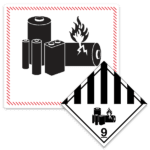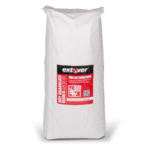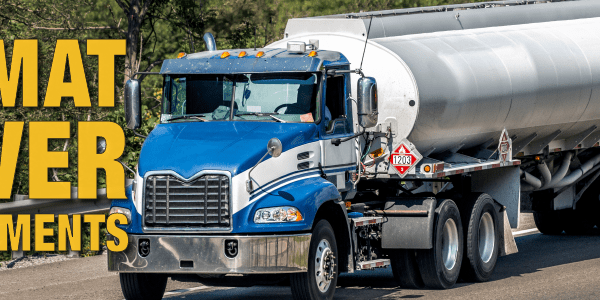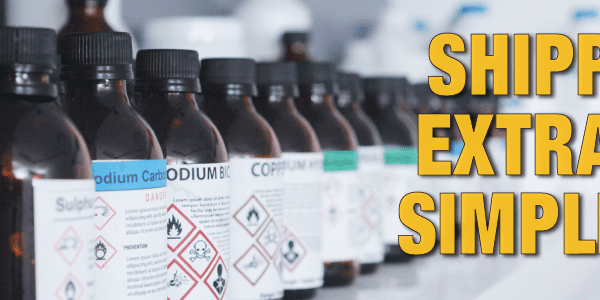
Lithium Battery Incidents on Airplanes are Increasing
As we all know by now, lithium batteries aren’t going anywhere anytime soon. As beneficial as lithium batteries are, they do come with their share of problems. A while back I authored an article about the dangers of lithium batteries catching fire and how to effectively extinguish and prevent these types of fires.
However, A lithium battery fire becomes more problematic if it happens aboard an aircraft, especially if it happens while in the air. Unfortunately, these types of incidents are becoming more common according to the Federal Aviation Administration (FAA).
Why do Lithium Batteries catch fire?
Lithium batteries can go through a process called thermal runaway, which causes them to catch fire. Thermal runaway results in a rapid increase of battery cell temperature and pressure, accompanied by the release of flammable gas. These flammable gases will often be ignited by the battery’s high temperature, resulting in a fire. This process typically begins with an initial increase in temperature due to external factors like overcharging, overheating, or mechanical damage. As the temperature rises, it triggers additional reactions within the battery, which releases more heat and further increases the temperature.
An Increase in Lithium Battery Incidents Aboard Aircrafts
Data has suggested that there has been an increase in lithium battery fires aboard aircrafts and in airports. According to the FAA, the number of lithium-ion battery fires jumped more than 42% in the last 5 years. Incidents of overheated lithium batteries causing smoke, fire, or extreme heat on aircrafts are now happening at an average rate of more than one per week. In 2022, the FAA reported at least 62 incidents involving lithium-ion batteries on airplanes and in airports, compared to 54 incidents in 2021.
As more personal devices are powered by lithium-ion batteries, the number of these incidents has increased overall in the past decade. For example, in 2014 the FAA reported only nine lithium battery incidents all year. Compare that to last year, when there were nine lithium-battery incidents reported in each of three months: May, July, and August. How do you prevent these incidents from occurring?
There are some helpful tips in our article titled Safety Tips for Items with Lithium-Ion Batteries.
In cases where Lithium batteries do catch fire, it is important to be equipped with appropriate products to extinguish the fire. Here at ICC, we offer Extover®, a fire extinguishing agent that is suitable to suppress lithium battery fires and is environmentally friendly. If you are interested in Extover®, feel free to contact us at 888.442.9628 (USA) or 888.977.4834 (Canada) or send us an email.
As always, should you have any questions regarding lithium-ion batteries, check out our Lithium Battery FAQ or contact ICC Compliance Center at 1.888.442.9628 (USA) or 1.888.977.4834 (Canada).
heat element of the fire triangle. However, keep in mind dry powder extinguishers are for Class D or combustible metal fires, only.
Stay up to date and sign up for our newsletter!
We have all the products, services, and training you need to ensure your staff is properly trained and informed.
 Lithium Batteries Labels Lithium Batteries Labels |
 Extover® Extover® |
 Shipping Lithium Batteries Training Courses Shipping Lithium Batteries Training Courses |
Resources:
https://www.forbes.com/sites/suzannerowankelleher/2023/03/03/faa-lithium-battery-fire-smoke-airplane/?sh=6630da10bb04
https://www.militaryaerospace.com/commercial-aerospace/article/14293594/rising-number-of-lithium-battery-incidents-on-airplanes-worry-pilots-flight-attendants
https://www.cbsnews.com/news/hazardous-materials-airplanes/







 ICC USA
ICC USA ICC Canada
ICC Canada